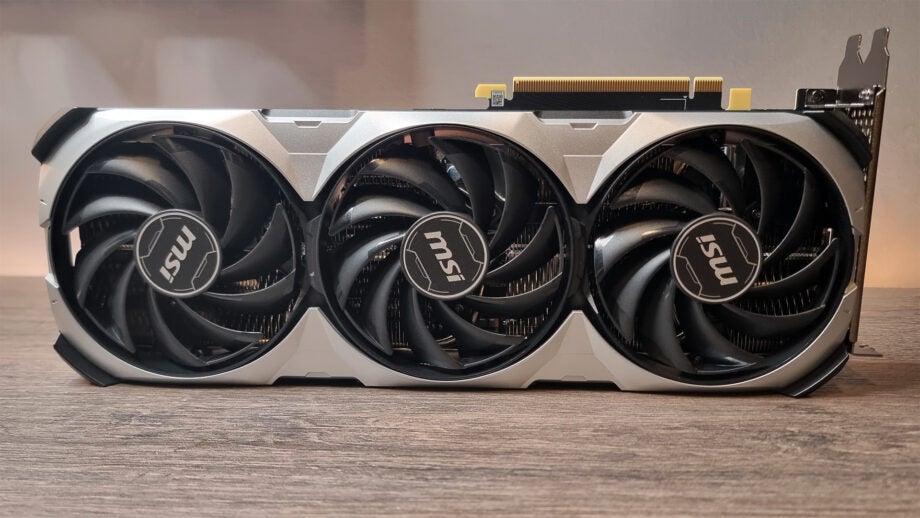The modern personal computer (PC) has evolved into a complex machine designed to handle diverse applications, from basic word processing to intensive 3D gaming and video rendering. At the core of this functionality is often a discussion about the need for a standalone graphics processing unit (GPU), also known as a graphics card. While casual users may wonder if a GPU is a necessary component, power users and gamers see it as indispensable. This article tackles the question of whether you should incorporate a GPU in your PC setup by considering use cases, performance needs, and cost-efficiency.
Assessing Your Computing Needs
Basic Tasks and Casual Use
For general computing tasks such as web browsing, office applications, and movie streaming, most modern CPUs come with integrated graphics that adequately fulfill these requirements. Integrated graphics are built into the processor, eliminating the need for a separate graphics card. If your daily PC use doesn’t go beyond these activities, investing in a GPU may be an unnecessary expense.
Advanced Applications and Gaming
When you step into the realm of gaming, graphic design, video editing, and other graphic-intensive tasks, the GPU becomes an essential component. A dedicated graphics card has its own memory and processing power, taking a significant load off the CPU. This results in smoother animations, faster rendering, and an overall enhanced visual experience. For users engaged in these high-performance activities, a quality GPU is not just beneficial, but likely a requirement.

Performance Considerations
Integrated vs. Dedicated Graphics
The main difference between integrated and dedicated (or discrete) graphics is performance. Integrated graphics share system memory and processing power with the CPU, which can limit performance and graphics quality. Dedicated graphics cards have their own resources, providing better frame rates, higher resolution capabilities, and improved rendering for complex scenes. Users who prioritize performance in graphic-intensive applications will find that a GPU is crucial to their system setup.
Monitor Resolutions and Refresh Rates
The capability of your monitor also impacts whether you’d need a GPU. Higher resolution displays with fast refresh rates demand more from your system’s graphics processing. Running a 4K monitor, for example, typically requires a powerful GPU to ensure smooth visuals without lag or stuttering. If you own or plan to invest in a high-end monitor for gaming or professional graphic work, a dedicated GPU will help you to make the most out of your display’s potential.
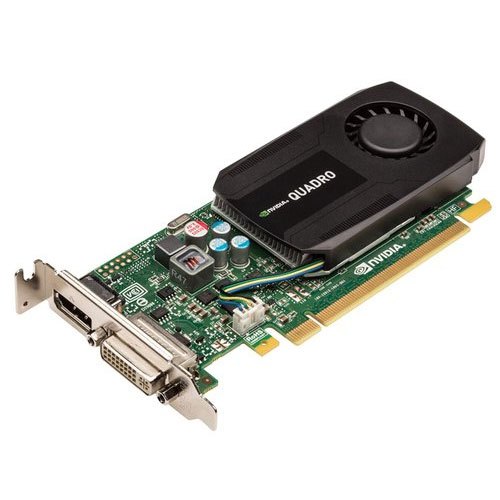
Cost-Efficiency and Upgradability
Budget Constraints
The decision to incorporate a GPU can be significantly influenced by budget considerations. High-end graphics cards can be expensive, sometimes costing more than the rest of the PC components combined. If you’re working with a tight budget and your computing needs are modest, sticking with integrated graphics is a cost-effective choice. For those who need more power but have limited funds, there are budget-friendly GPUs that offer a balance between cost and performance.
Future Upgrades and Scalability
Another aspect to consider is the potential need for future upgrades. PCs with integrated graphics have limited upgradability in terms of graphic performance. Meanwhile, systems with a dedicated GPU slot offer the flexibility to upgrade your graphics card as needed. This adaptability is especially beneficial for users who might want to extend the lifespan of their PC with incremental improvements over time.
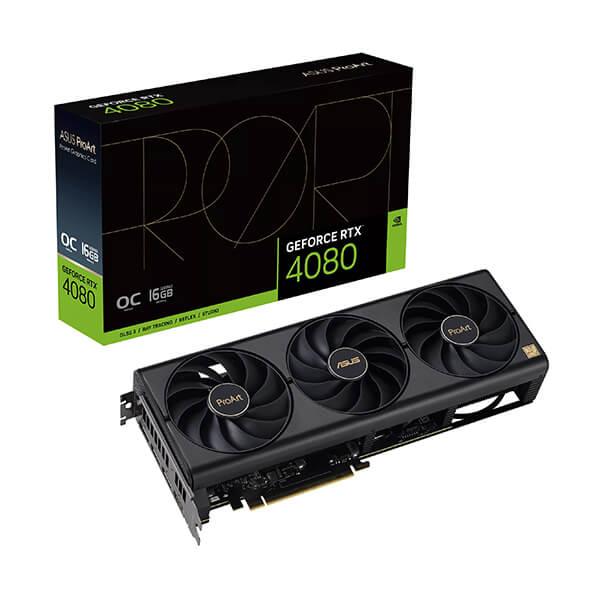
Environmental Impact and Power Consumption
Energy Efficiency
GPUs can consume a significant amount of power, which contributes to higher electricity bills and a larger carbon footprint. For those who are environmentally conscious or want to minimize power consumption, sticking with integrated graphics or choosing an energy-efficient GPU is important. Modern GPUs are being designed with better power management features to tackle this concern, but it remains a key factor in the decision-making process.
Heat Dissipation
With increased power usage comes the need for effective cooling solutions. Graphics cards can generate a lot of heat, and as a result, they require robust cooling mechanisms to prevent overheating. This means not only additional power to run cooling fans or liquid cooling systems but also potential noise from those components. When deciding on a GPU, consider whether your PC’s case can accommodate the necessary cooling apparatus and if you’re prepared to handle the additional noise.
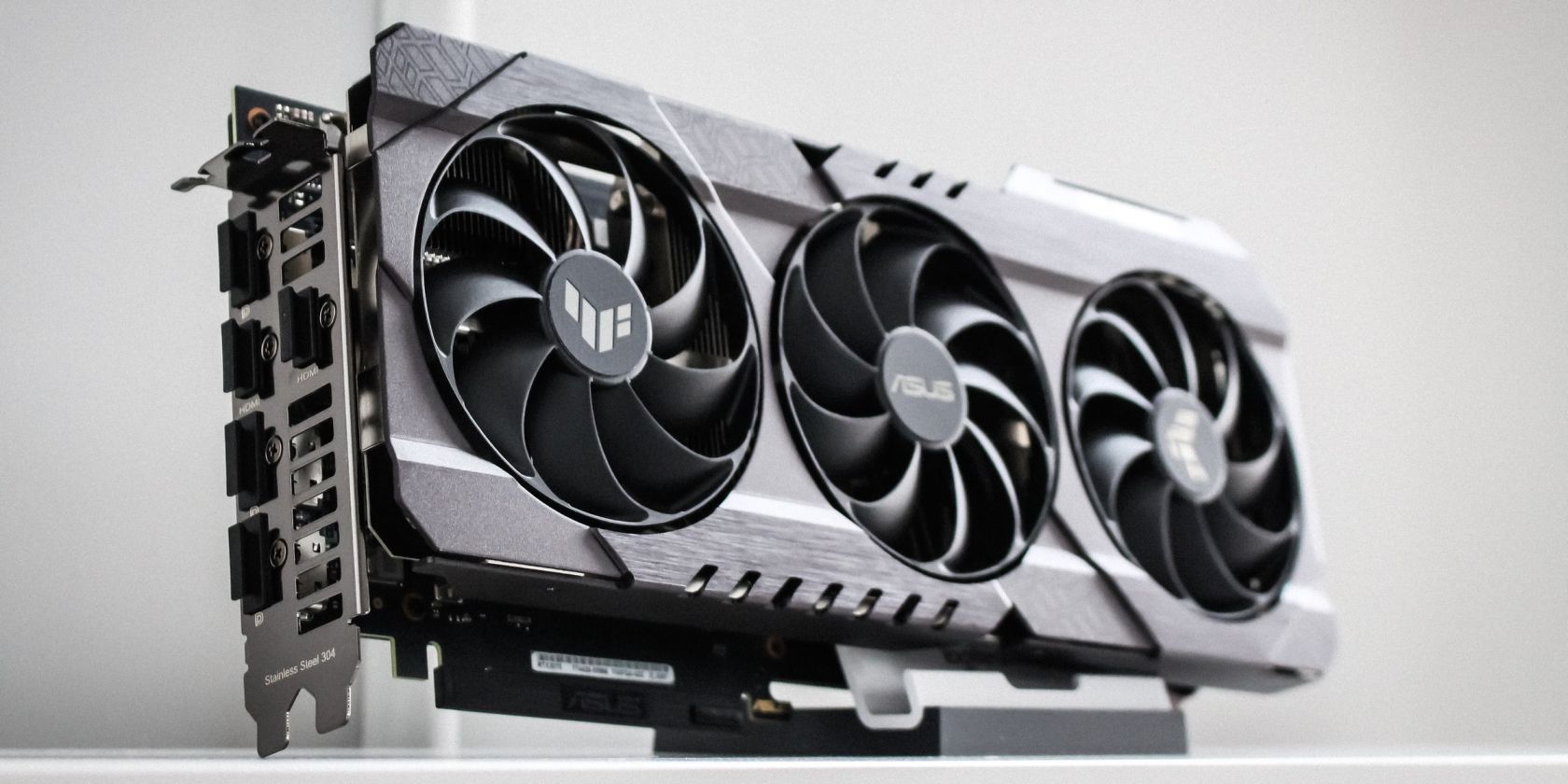
Compatibility and Software Considerations
When deciding on incorporating a GPU into your PC, software compatibility and performance optimization are key factors that should influence your decision. Some software, particularly in the realms of gaming, 3D modeling, and video editing, are explicitly designed to take advantage of the additional computing power offered by dedicated GPUs. These applications often list a discrete graphics card as a minimum or recommended requirement for optimal performance. Furthermore, drivers and software updates for GPUs are frequently released to optimize performance with new games and applications, ensuring smoother operation and enhanced features. Thus, for enthusiasts and professionals relying on graphics-intensive software, the decision to opt for a GPU is often clear-cut.
The Future of Integrated Graphics
The landscape of computing is continually evolving, with significant advancements being made in the capabilities of integrated graphics. As semiconductor technology progresses, the line between integrated graphics and low-to-medium-tier dedicated GPUs is blurring. Many users find that the latest integrated graphics solutions offer enough performance for everyday tasks. Activities such as casual gaming and basic photo editing can be handled by integrated graphics. This indicates that the option to skip a discrete GPU is becoming more practical for a larger group of users. Nonetheless, as long as integrated graphics cannot equal the raw performance of dedicated GPUs, there will be a clear need for discrete graphics. This need is especially true for power users and gaming enthusiasts.
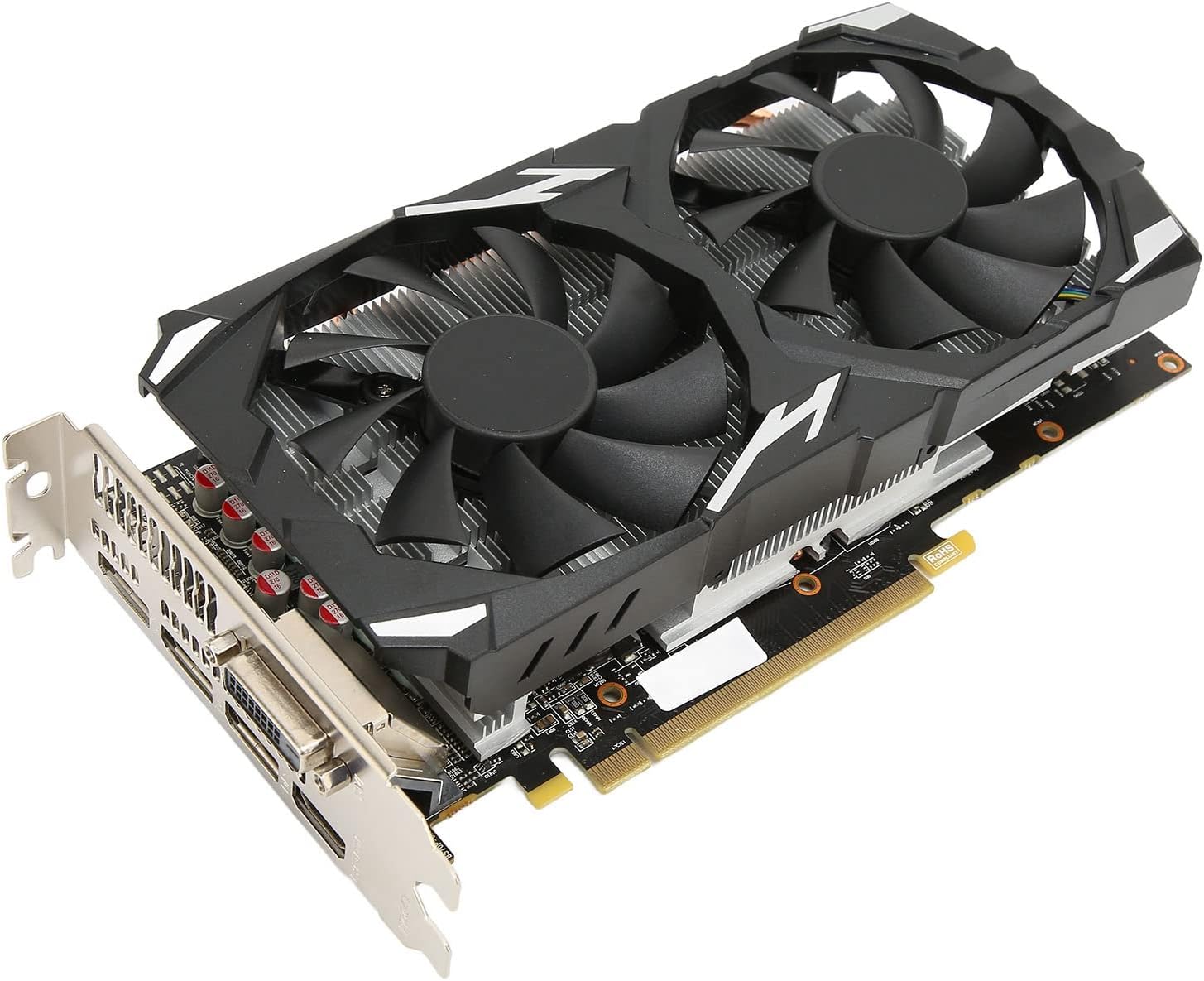
Making an Informed Choice
Deciding to include a GPU in your PC depends on balancing performance needs, budget, and upgrade plans. Users with needs like basic media consumption, document editing, and light gaming may find integrated graphics adequate. High-definition gaming, VR, 3D rendering, or video production enthusiasts likely require a dedicated GPU. When considering options, factor in the initial expense, future scalability, and long-term satisfaction. Careful assessment of needs and understanding the capabilities of graphics solutions are crucial. This approach helps align the choice with personal or professional demands. It ensures a gratifying computing experience for the future.
When pondering the question “To GPU or not to GPU?”, consider your specific needs, the performance levels you expect, and the value you place on cost-efficiency and potential future upgrades. Additionally, weigh the environmental impact and the practical aspects of integrating a GPU into your PC setup. The diverse range of options available today means there is a graphics solution to fit nearly every user’s requirements and preferences, from the minimal demands of casual computing to the advanced needs of gaming and professional applications.
